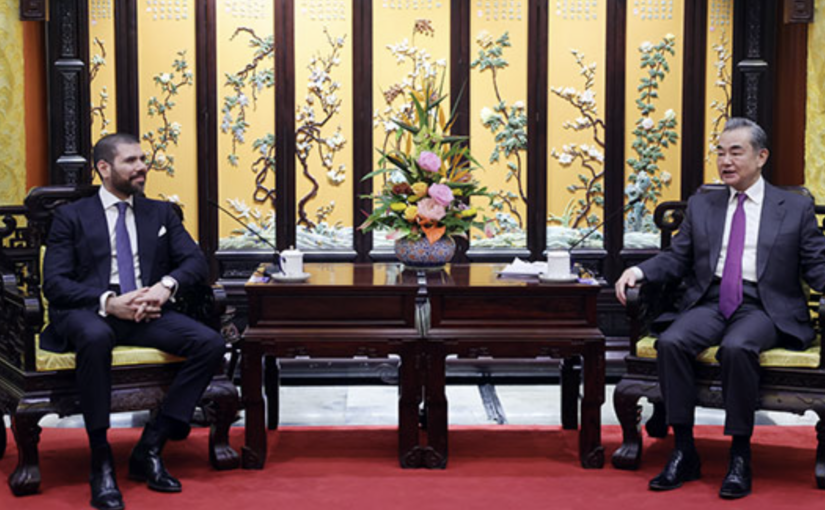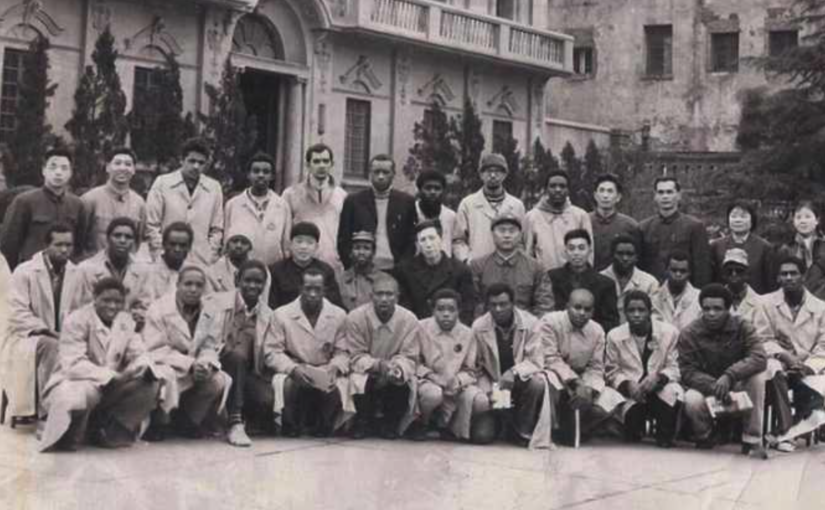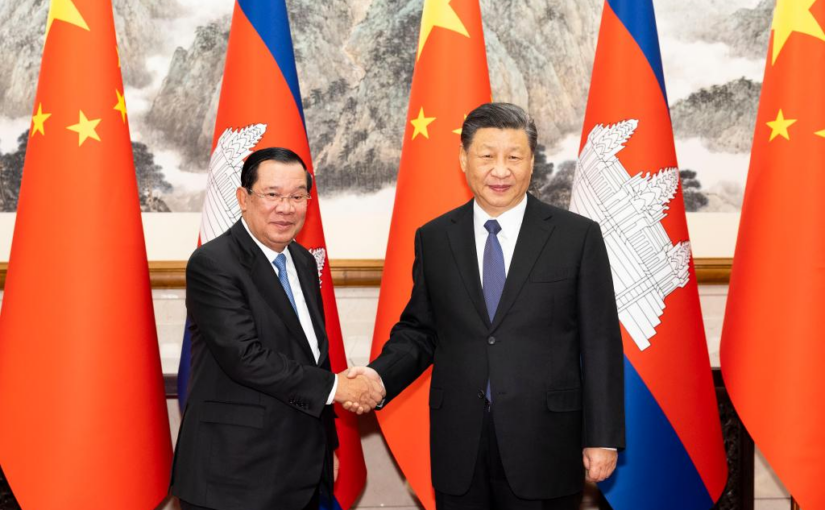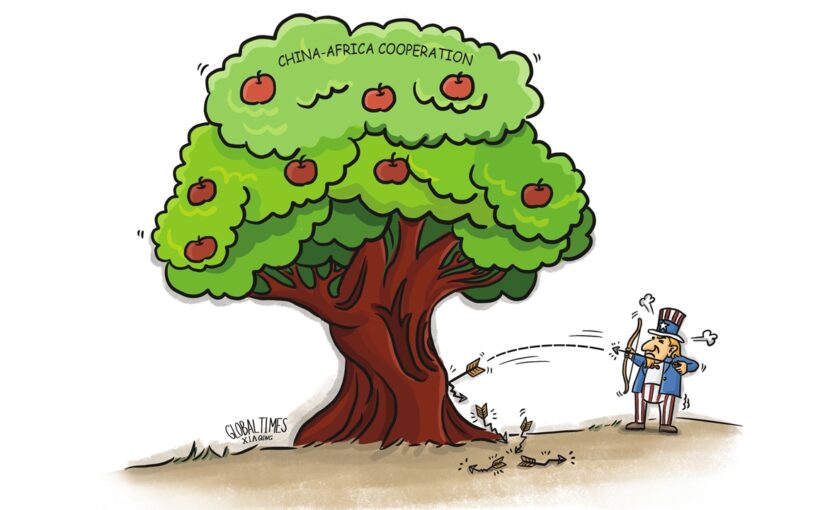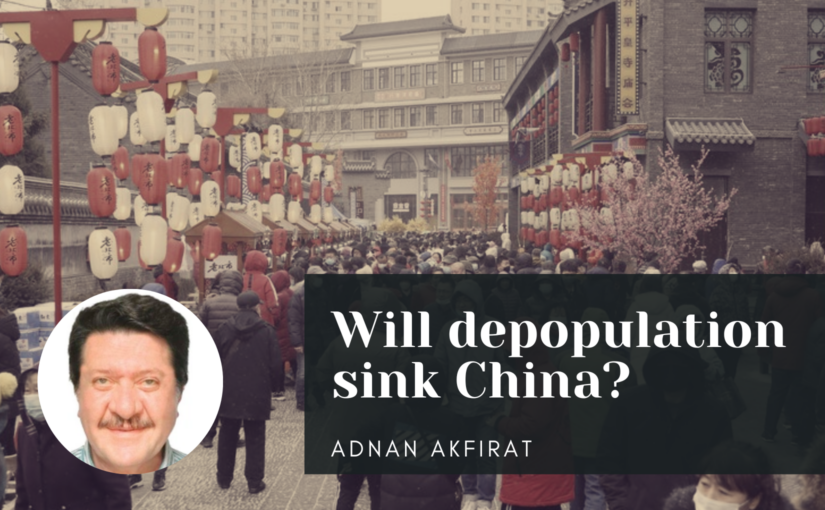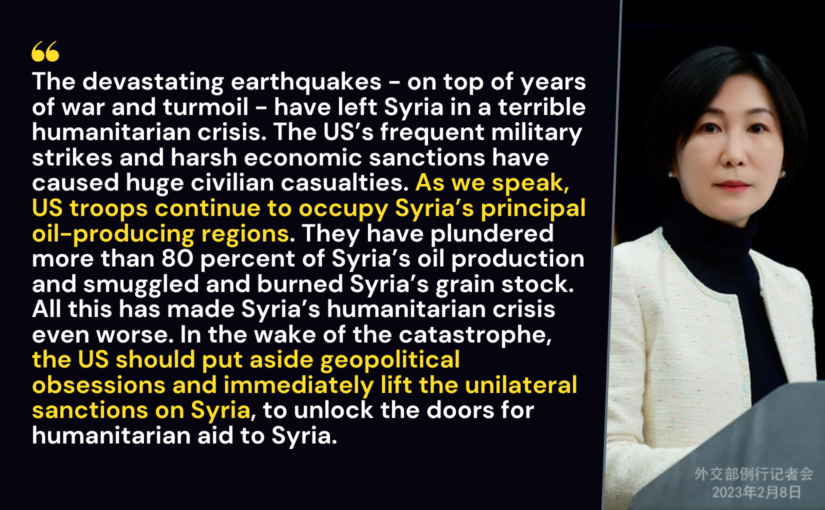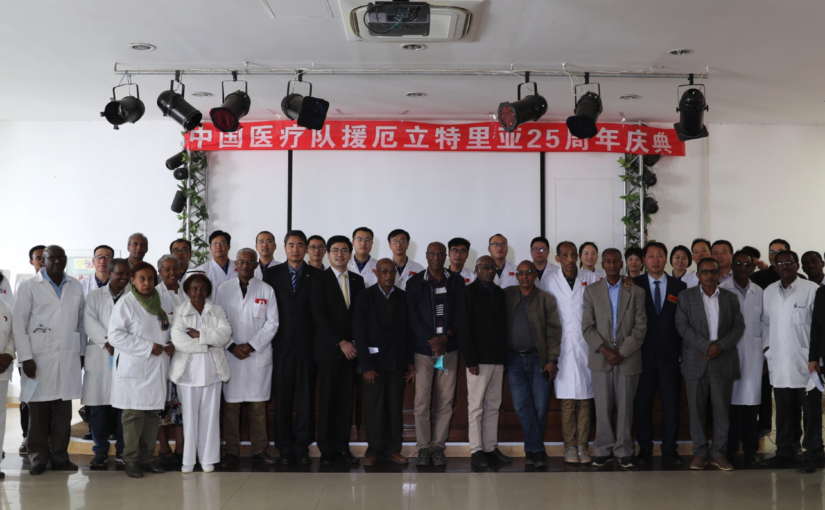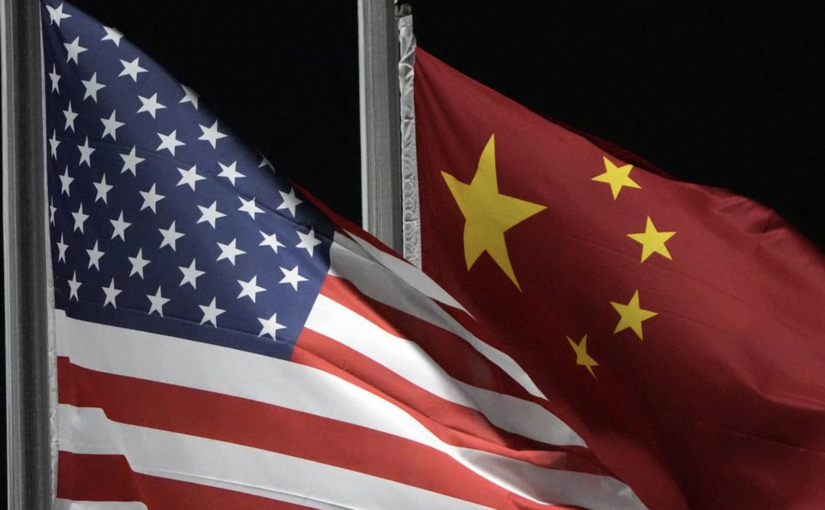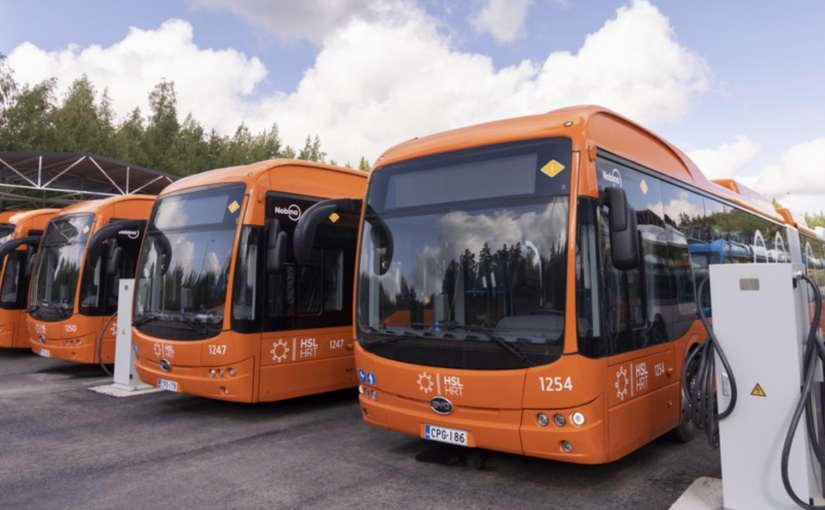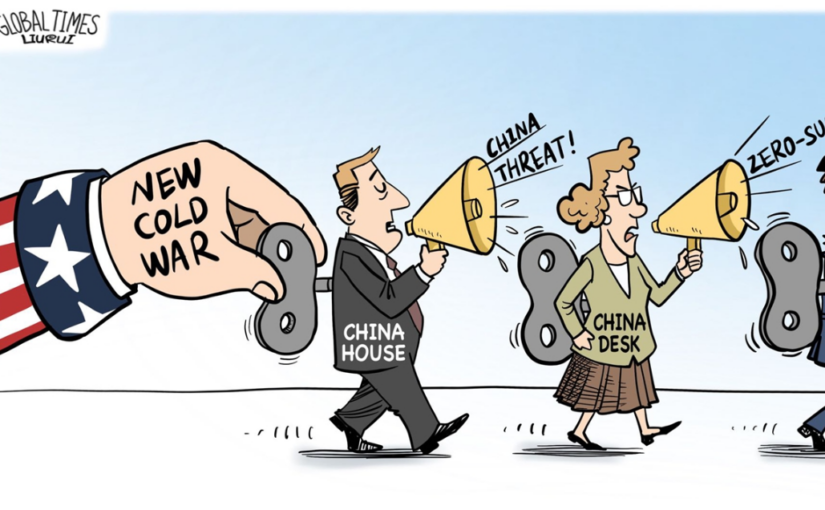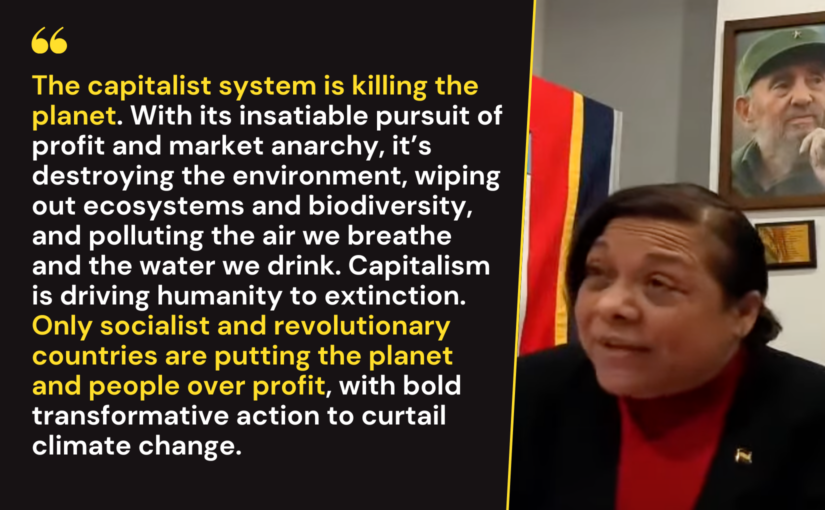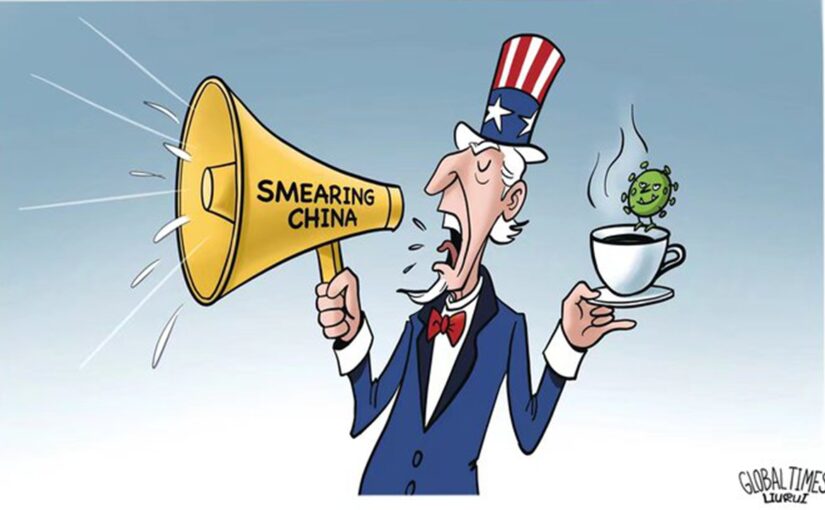In the following article, originally published in Global Times, Ken Hammond, Professor of East Asian and Global History at New Mexico State University and a member of our advisory group, dissects the grotesque over-reaction to the accidental intrusion of a Chinese meteorological balloon into US airspace and notes that “all this would be funny, if it weren’t so dangerous.”
Situating the recent development against a background that begins at least with President Obama’s 2011 ‘Pivot to Asia’, Ken notes that, sadly, the “rather ridiculous” and “absurd” behaviour on the part of the US, is “just the latest round in the ongoing effort to demonize China, to prepare the American people for possible conflict, and to ensure that most Americans have only the most one-sided and hostile kind of knowledge and information.”
Noting that a new world order has begun to emerge, Ken points out that: “China has been a leading example of this, having raised the material conditions of the lives of its people over the past 70 years, extending life expectancy, drastically reducing infant mortality, improving housing, providing educational opportunities, and creating national health care systems which saved millions of lives through the course of the COVID-19 epidemic.”
The accomplishments of the Chinese people since the founding of the People’s Republic in 1949, “are a source of justifiable pride for their country, and serve as an inspiration for many people around the world, but for American elites they represent an existential threat. The rich and powerful in America do not want to share the wealth created by working people with those who actually produce it, in their own country or elsewhere.”
American military and political leaders, and the front pages of the corporate media, have been devoted to the denunciation of China for allowing a balloon to float across the Pacific Ocean and across North America. Although spokesmen for the Pentagon had acknowledged that the balloon actually posed no threat to the US and that any information the so-called spy balloon might gather would be only a redundant version of information routinely available to satellites and already widely known in intelligence circles around the world, pundits and politicians have been almost hysterical to outshout one another and demonstrate their hatred and aggressive intentions toward China. All of this would be funny, if it weren’t so dangerous.
It has been clear for a long time now, since at least the “Pivot to Asia” announced by former president Barack Obama in 2011, that the US has embarked on a campaign to isolate and contain China, to try to disrupt China’s development and derail its efforts to improve the lives of its people and the peoples of other developing countries around the world. The American military maintains bases all around China, and US intelligence agencies operate highly sophisticated listening posts to monitor communications and other kinds of information sources within China. American spy planes routinely fly just beyond the limits of China’s airspace, sometimes even venturing into that airspace, to gather information. And of course the US has a long history of “overflights” by the infamous U-2 aircraft to spy on Cuba, the former Soviet Union, and other countries, not to mention the many American surveillance satellites which track over China every day.
Continue reading Flap over Chinese balloon a colossal demonstration of warped thinking in the US
